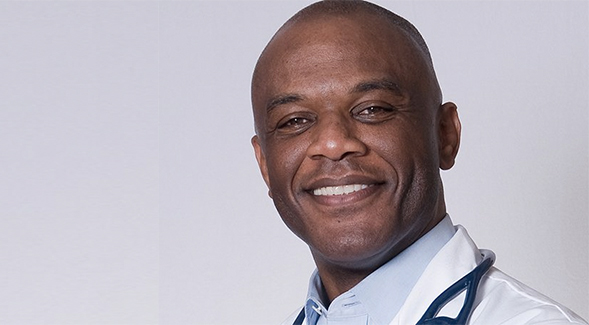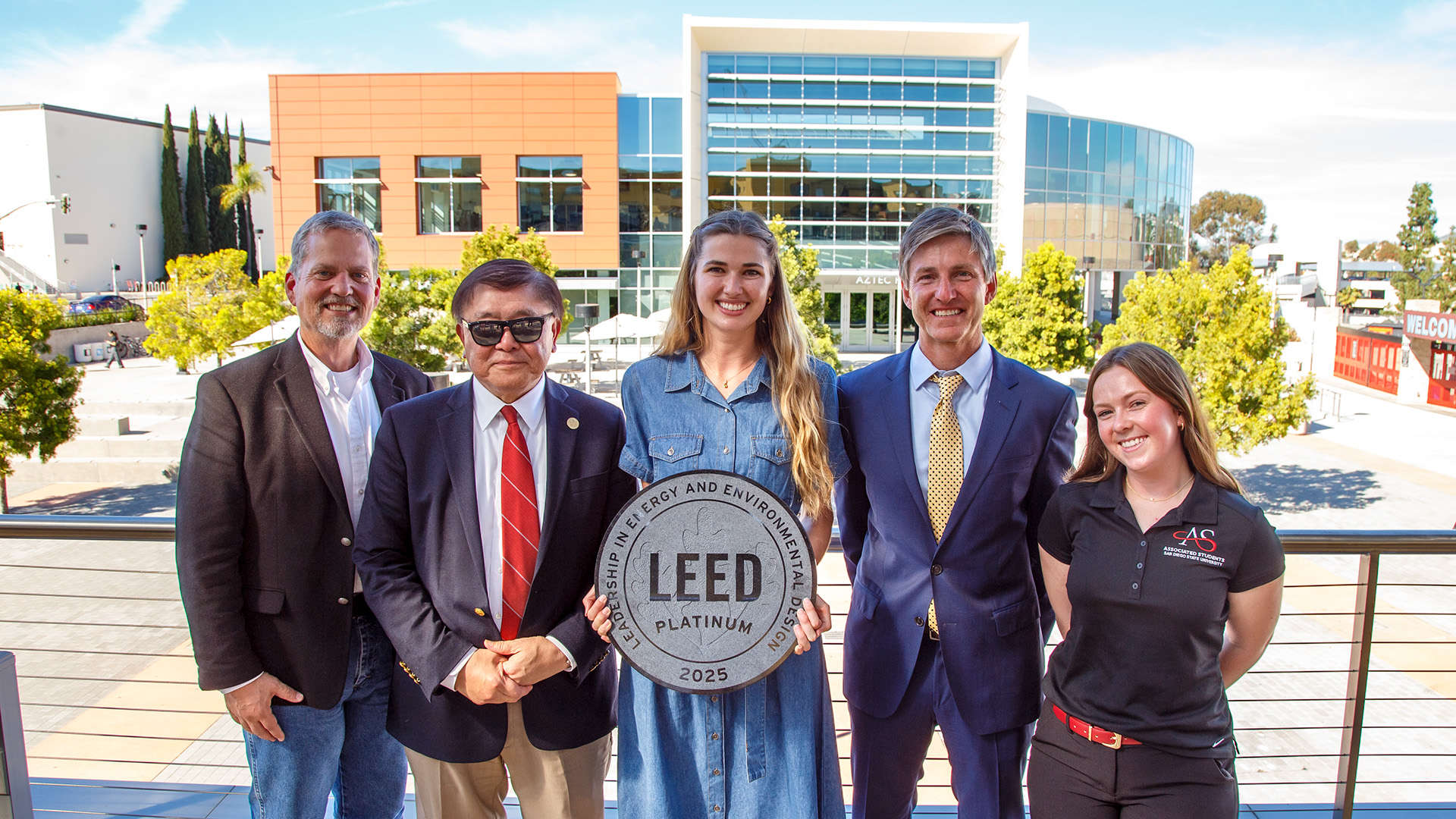SDSU Alumnus Battles Health Care Inequities Amplified by COVID-19
Former psychology student Dr. Andre Creese (90) is assisting management of hospitals suddenly left with empty hallways and insufficient income.

“I feel like I had a home at San Diego State and a group of people supporting me.”
Dr. Andre Creese (’90) is well acquainted with trauma centers caring for sick and injured patients. Through much of his career, the San Diego State University alumnus has distinguished himself as an innovative physician leading emergency department teams through medical procedures under some of the most immediate and intense circumstances imaginable.
But with the COVID-19 global pandemic continuing, it’s not a medical center’s overtaxed emergency department currently demanding his attention, but rather a group of comparatively empty ones.
As president and CEO of Indianapolis-based OPYS Physician Services, Creese’s job is to help provide emergency-care physicians and other specialists to hospitals located in five states, primarily in rural areas of the Midwest. Early in the pandemic’s spread across the United States, medical centers in large metropolitan areas were hit hard, but the hospitals OPYS serves were affected in a different way.
“Most of the hospitals we work with haven’t been hit with the high volumes we expected,” Creese said. “There has been a substantial drop in patient volume due to the public sheltering in place, which is the right thing to do, but that truncated volume has literally halved their revenue.”
Creese says several hospitals have been forced to close their clinics and are unable to pay their staff due to fixed expenses amid decreasing patient volume.
Creese views this latest development as amplifying the health care inequities rural Americans already face. “A large gap exists in health care delivery in every state,” he said. “If you are in a large metropolitan area, you have a whole compendium of specialties and specialists available to provide care.
“Outside of the metropolitan areas, there aren’t as many hospitals or as much specialized care. In rural areas, access to care is just not the same.” Through his work with OPYS, he strives to reduce the inequities.
Solving problems
Creese explains his transition from emergency physician to president and CEO as a matter of problem solving.
“As a health care provider, you love a challenge, particularly in emergency care medicine,” he said. “How do you make a hospital sustainable so it can survive but it is also a business? It’s a very complex balance.”
In working to help hospitals address their challenges, Creese draws not only on his experience as a physician, but also on his background as an emergency medical technician and the courses he took while working on his psychology degree from SDSU’s College of Sciences.
“I didn’t realize how important a psychology degree was and how much it can help,” he said. “I use it every day.”
Creese says his ability to identify a goal and believe in himself came from SDSU and current College of Sciences Associate Dean for Academic and Faculty Affairs Cathie Atkins.
“She was one champion who always took a moment to look at me, listen to me, and that was all I needed. I feel like I had a home at San Diego State and a group of people supporting me.”
A return to normal?
As a physician and now a health care administrator, Creese has built a career offering his skills and support to others. As he considers the health care field post-pandemic, he offers an observation: “COVID-19 has been such a major ordeal. I think the American patient has had to rethink their access to care and look at alternatives for handling emergencies. A lot of patients would go to the emergency department for primary care, so I think there will be a retooling for many patients. With the advent of telemedicine, for example, and the advent of other workarounds, I don’t know that we will ever return to the normal that existed previously.”



